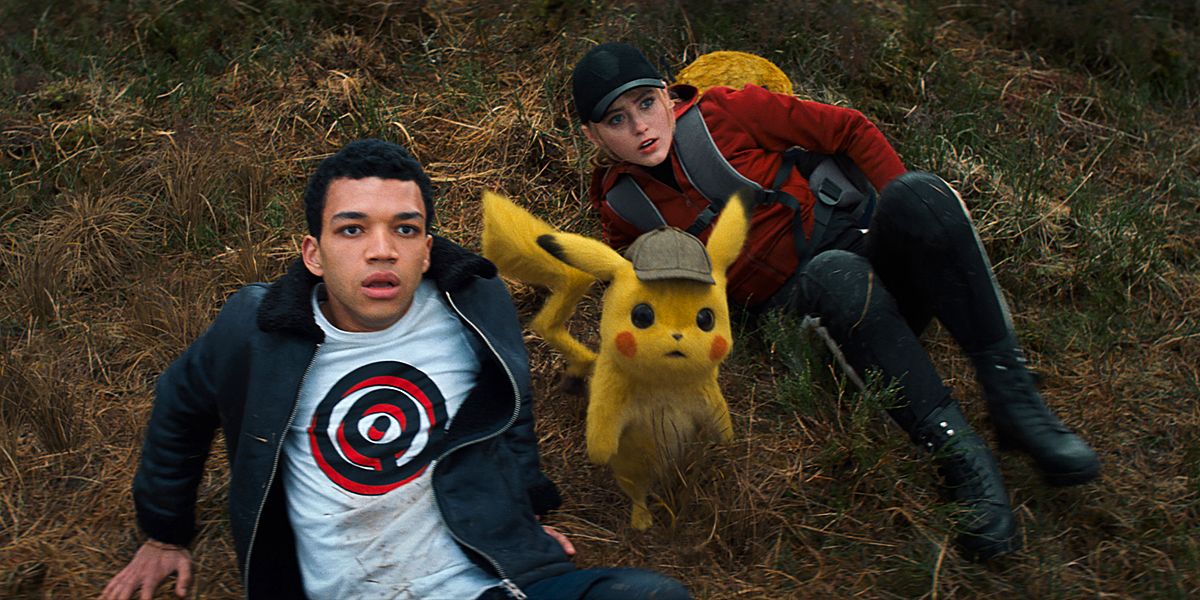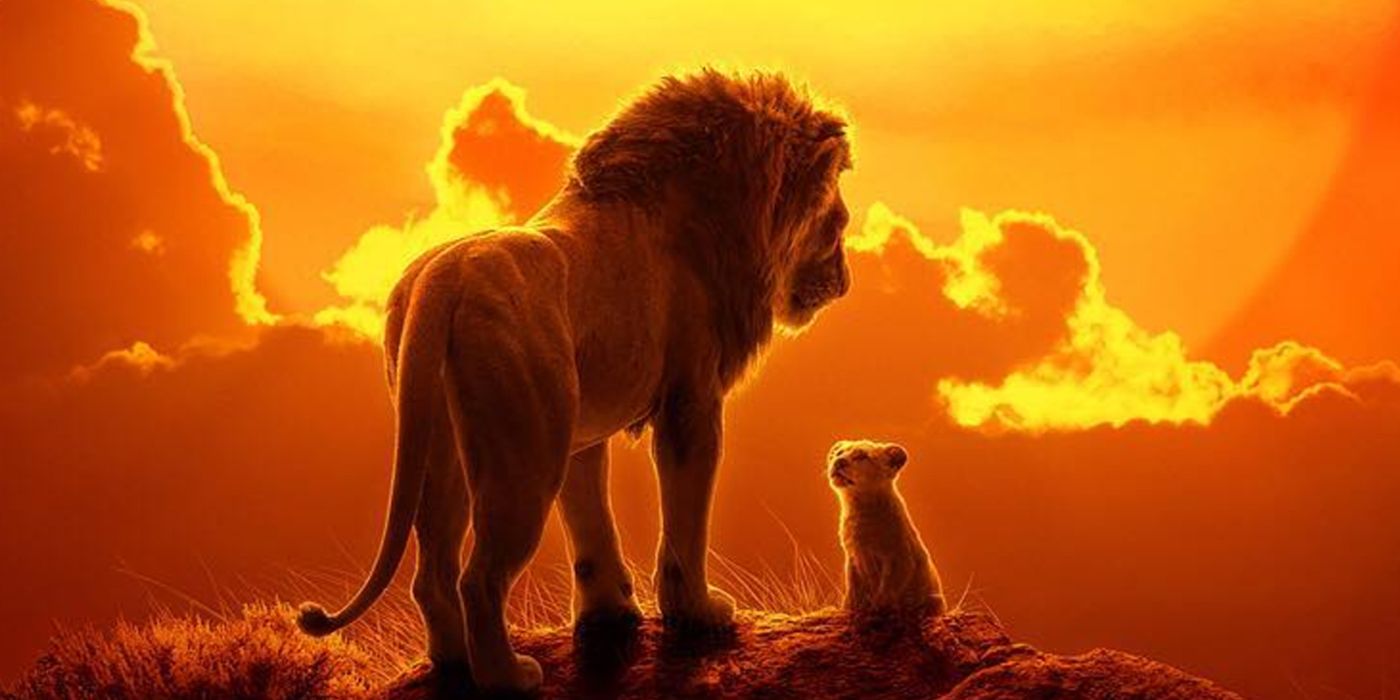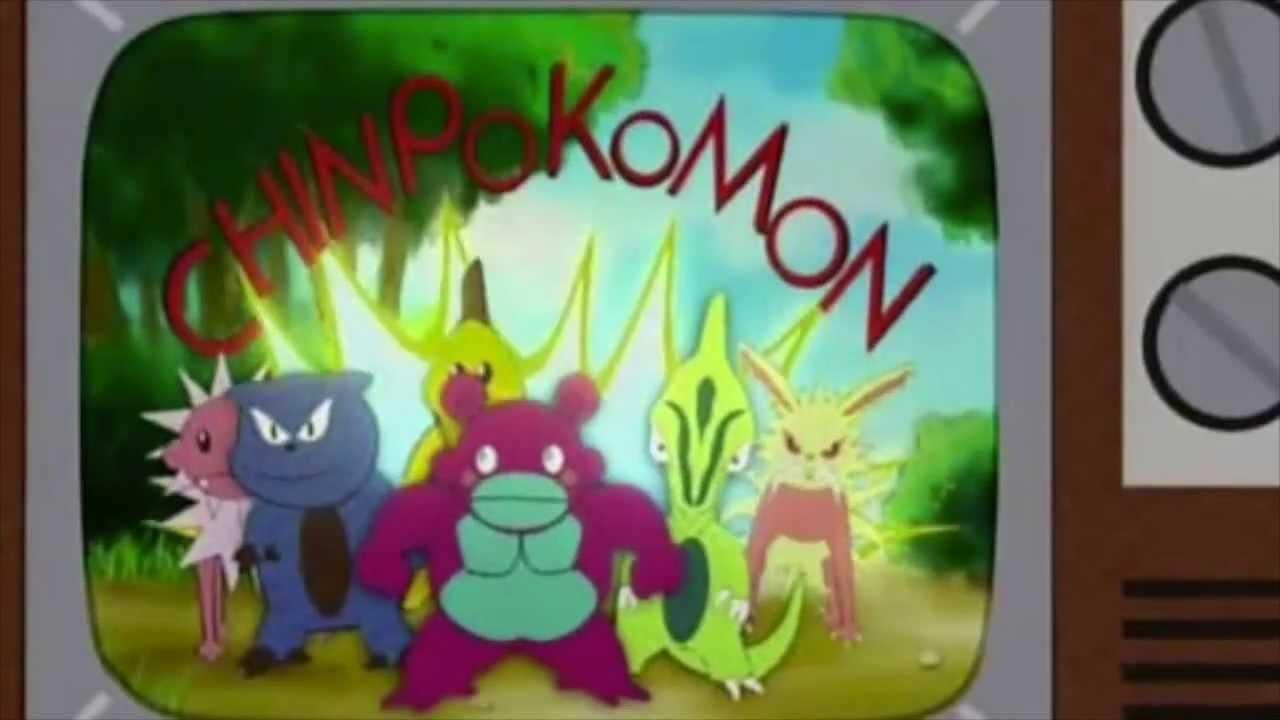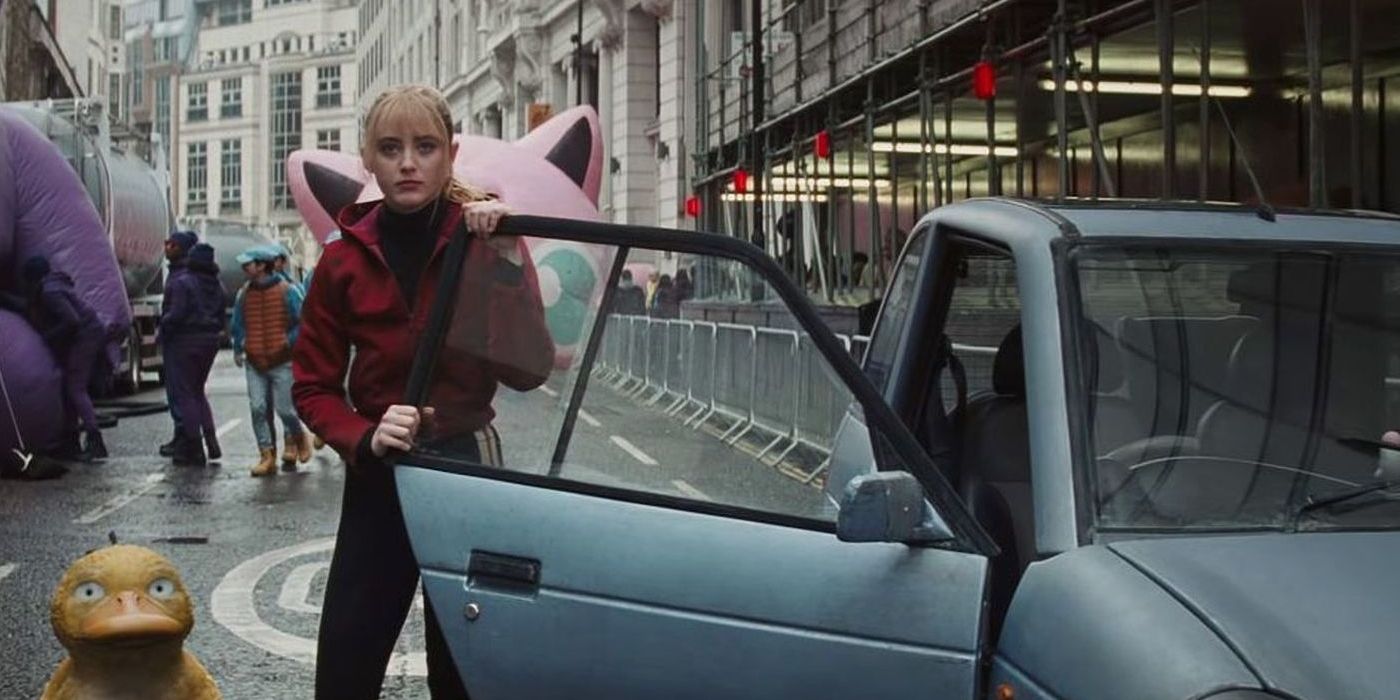There's a real generational divide when looking at the critical response to Detective Pikachu. Critics under the age of 35 or so don't universally love the film, but they can say they "get it." They don't need the movie to explain what a Pokémon is, and if they had any issues with the franchise's bizarre "kid-friendly cockfighting" premise, they've already made those jokes a billion times over the past 23 years.
For many Millennial viewers, Detective Pikachu is a true event movie. Leigh Monson's review at Birth.Movies.Death. says, "Pokémon: Detective Pikachu feels like it was made with exactly my experiences in mind." David Sims contextualizes his enthusiastic review for The Atlantic by noting, "I can tell my Raticates from my Rhyhorns," acknowledging those less-versed in Pokémon might not be as into the movie.
In contrast, some older reviewers are baffled by the film. That doesn't necessarily mean they dislike the film so much as they're simply confused about a movie that's really not for them. On the benignly baffled end of the spectrum, David Fear's review in Rolling Stone notes, "Pokémon: Detective Pikachu really is strictly for the fans, in the best and worst possible ways." Others are more frustrated with the movie and the Pokémon franchise in general; James Berardinelli at Reelviews.net opens his review claiming, "Pokémon: Detective Pikachu isn’t a movie. It’s a cog in a multibillion-dollar media empire, a soulless feature-length example of product placement at its most blatant."
Of course, plenty of blockbusters are made "for the fans" and presume at least some background knowledge (for an extreme example, imagine watching Avengers: Endgame without having seen any other Marvel movies or read any comics). The big difference between Detective Pikachu and most other blockbusters is that the latter rely heavily on the nostalgia of Baby Boomers and Gen Xers. Superman and Batman have been pop-culture mainstays since the late 1930s, Captain America and Wonder Woman since the '40s, Lord of the Rings since the '50s, Star Trek and the main Marvel universe since the '60s, Star Wars since the '70s, Transformers since the '80s. In contrast, it's still a rarity for a major release like Detective Pikachu to be targeted so squarely at the nostalgia of Millennials.
It's not the first film to aim for the "'90s kid" market, of course. Disney is remaking almost all of its 1990s animated films as live-action (or hyperrealistic CGI in The Lion King's case). Pixar has mastered Millennial nostalgia, timing sequels to come out when the original's target audience has become fully grown. You could point to J.K. Rowling and Warner Bros.' continued expansion of the Harry Potter universe as another "'90s kid" nostalgia cash-in.
The big difference in all those cases is that, while "'90s kids" remember Disney and Pixar and Harry Potter, "'90s adults" did too. Beauty and the Beast was up for Best Picture, and many critics felt Toy Story, itself made with a sense of nostalgia for the toys its Boomer and Gen X creators grew up with, deserved to be nominated. Adults were as into reading the Harry Potter books and seeing the movies as their children were.
Pokémon, by contrast, was something '90s kids got and grew up with while older generations were utterly bewildered. At most, these older adults might have come around to try out Pokémon Go years later. The cartoon had zero adult appeal, there were freak-outs that the card game was a form of gambling for children, and it's fair to assume most adults in the '90s weren't playing Red and Blue on the GameBoy. The South Park "Chinpokomon" episode perfectly demonstrates how baffled adults were by what seemed like indecipherable nonsense.
Detective Pikachu is absolutely a film made for the generation that first grew up with Pokémon (as well as, of course, the kids who are into Pokémon now). Beyond just the Pokémon appealing to Millennial nostalgia, the human characters also directly connect to Millennial concerns. Tim Goodman, the insurance agent who abandoned his dreams of being a Pokémon Trainer, is a stand-in for those who outgrew the Pokémon obsession of their childhoods. His perspective can also work as an entry point for those who were never super into Pokémon but have absorbed enough knowledge through cultural osmosis to have an interest in the movie.
Lucy Stevens, meanwhile, is a "journalist" desperate to break a real story but stuck working as an unpaid intern pumping out clickbait listcicles ("Top 10 Cutest Pokémon!"). She's all too relatable for any 20somethings with big ambition but poor luck in the employment lottery. And without going too deep into spoilers, the villain just happens to be a wealthy Boomer so desperate for immortality that he's willing to screw over everyone else's lives.
Depending on the average age of your social media circle, Detective Pikachu is either the most talked-about new release for in May or it might as well not even exist. Its global box office, a respectable $178.9 million, indicates its a film with a passionate target audience but nowhere near as wide an audience as, say, the Marvel Cinematic Universe films, which have greater cross-generational appeal.
Of course, it's not impossible for viewers over the age of 35 to come to respect Pokémon and find pleasure in Detective Pikachu. Bill Nighy, who stars in the film, had no knowledge of Pokémon before he was cast in the role, but can now expound at length on how Mew is his "top, top favorite because he’s just majestic and he was the very first ... He was elegant and powerful."
Directed by Rob Letterman from a script written by Dan Hernandez and Benji Samit, Detective Pikachu stars Justice Smith, Kathryn Newton, Ken Watanabe and the voice of Ryan Reynolds.




